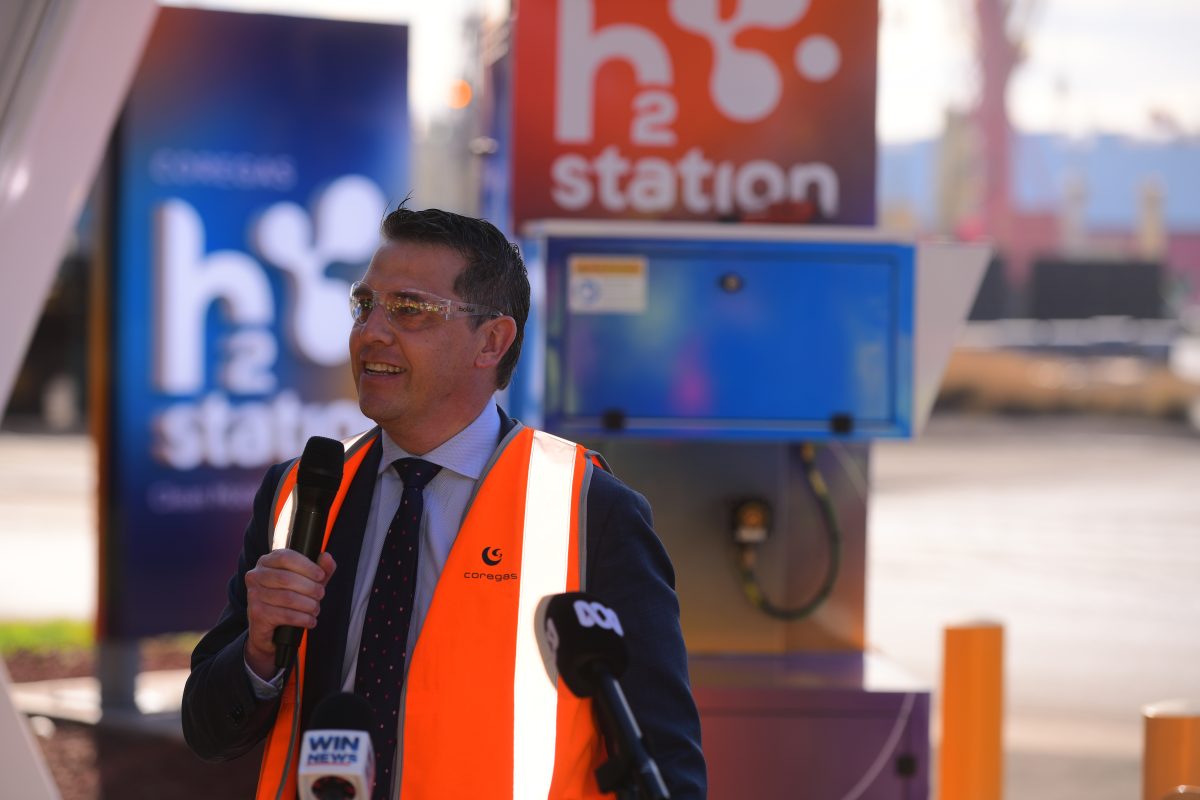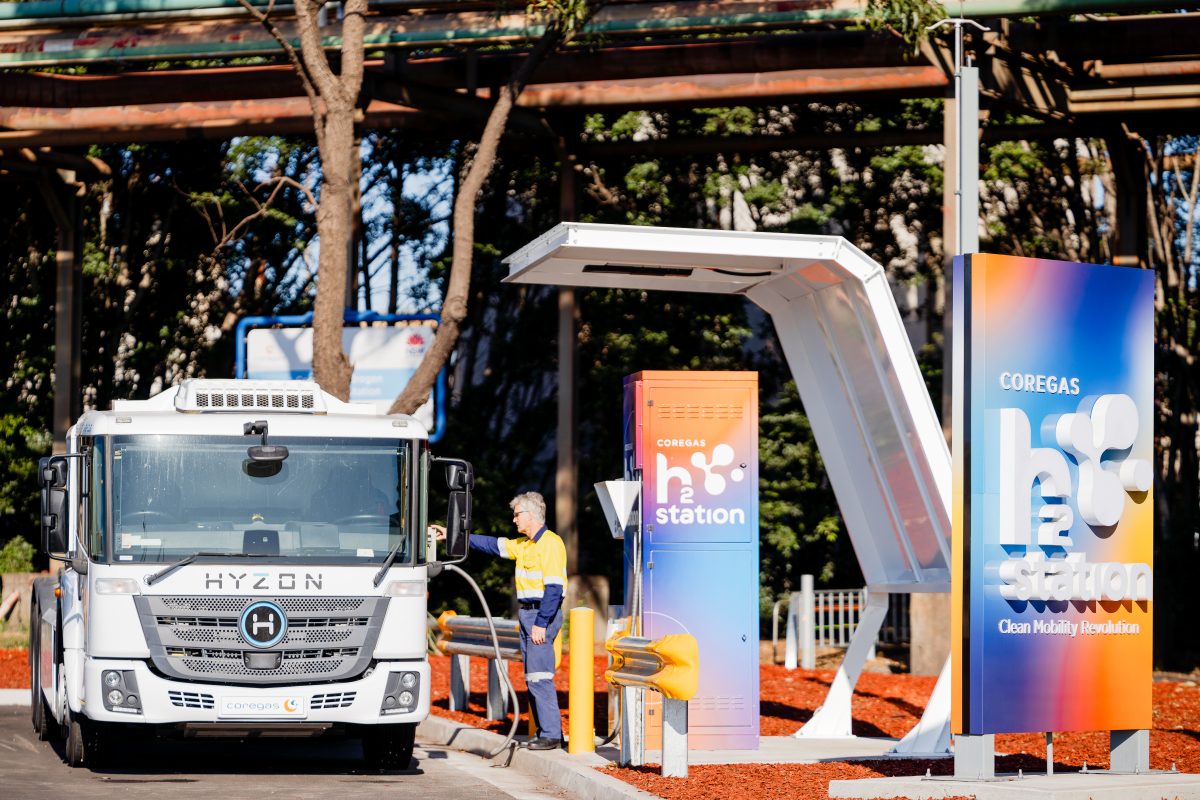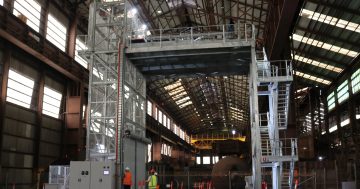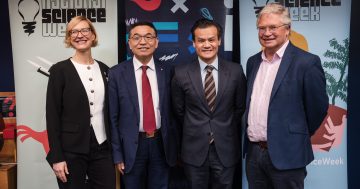
Minister for Illawarra and the South Coast Ryan Park at the opening of the Port Kembla hydrogen station. Photo: Supplied.
Australia’s first pilot hydrogen refuelling station for heavy vehicles has opened at Port Kembla.
Minister for Regional NSW Tara Moriarty said heavy road transport was a major carbon-emitting sector and the Coregas H2Station was a practical piece of infrastructure to help the region’s 7000 heavy vehicles transition to hydrogen power.
Hydrogen fuel cell vehicles only produce tailpipe water vapour and heat, meaning they produce zero noxious and greenhouse gas emissions, unlike a combustion engine, which produces carbon dioxide.
The H2Station is based at the Coregas Port Kembla industrial gas facility and is capable of refuelling up to 10 zero emissions hydrogen vehicles a day.
Minister for the Illawarra and the South Coast and Keira MP Ryan Park said Port Kembla was poised to become an epicentre for Australia’s emerging hydrogen sector.
“The H2Station will facilitate the introduction of zero emissions hydrogen powered trucks to the Illawarra-Shoalhaven to demonstrate the technology’s potential to improve energy security, create jobs and investment, and decarbonise the transport sector,” Mr Park said.
“Zero emissions trucks will be able to refuel at the Coregas refuelling station using hydrogen produced at Port Kembla and showcase the viability of introducing hydrogen-powered fleet vehicles to greater NSW.”

The new Coregas H2Station Hydrogen Refuelling Station at Port Kembla. Photo: Stephen G Reinhardt.
The $2 million hydrogen station was partly funded with a $500,000 grant from the NSW Government, through round four of the Port Kembla Community Investment Fund.
Coregas Executive General Manager Alan Watkins said the H2Station would be able to refuel up to 10 zero emissions hydrogen vehicles a day and allow hydrogen trucks to access the majority of the Illawarra Shoalhaven region and reach metropolitan Sydney.
“Thanks to the NSW Government we have been able to achieve this milestone of opening Australia’s first pilot hydrogen refuelling station for heavy vehicles,” Mr Watkins said.
“We believe this project is a game changer for Australia that will lead the clean mobility revolution by demonstrating the suitability of hydrogen powered vehicles as a commercially ready solution.”
Mr Watkins said transitioning Coregas’ diesel truck fleet to fuel cell electric vehicles was a cornerstone of the company’s decarbonisation roadmap.
“Coregas’ diesel truck fleet travels almost 6 million kilometres every year,” he said.
“That’s equivalent to driving 150 times around the world, which contributes to 54 per cent of Coregas’ carbon emissions.”
















